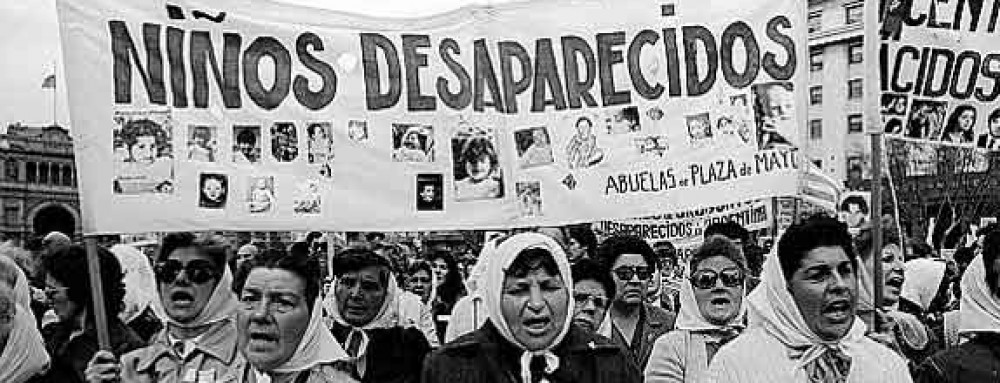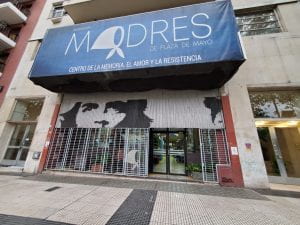 When leaving Buenos Aires and returning to Atlanta I felt very tired, not from lack of sleep but from information overload. I learned a lot. And, a lot of this was very depressing. It will be good to get a good night’s sleep in my own bed. Maybe tomorrow I will be better able to process the whole trip.
When leaving Buenos Aires and returning to Atlanta I felt very tired, not from lack of sleep but from information overload. I learned a lot. And, a lot of this was very depressing. It will be good to get a good night’s sleep in my own bed. Maybe tomorrow I will be better able to process the whole trip.
The Argentines believe that since these bad things happened, they cannot just look the other way. They need to acknowledge the wrong doing and keep it fresh in the memory so that it never happens again. We also need to recognize that these bad things that happen elsewhere can happen here if we don’t acknowledge it and keep them fresh in our memory.

 Life in Argentina seems to be pretty normal. The people that lived through the *Dirty War” are desperate to keep the memory alive so that it never happens again. The younger generation
Life in Argentina seems to be pretty normal. The people that lived through the *Dirty War” are desperate to keep the memory alive so that it never happens again. The younger generation In
In  This picture is not what it seems. It is a picture of the room inside of D2 that contains all the photographs of the victims. (See the faces on the door.) However, it is shot through the glass window which is reflecting the church across el Pasaje Santa Caterina. The overpowering image of the church mimics the
This picture is not what it seems. It is a picture of the room inside of D2 that contains all the photographs of the victims. (See the faces on the door.) However, it is shot through the glass window which is reflecting the church across el Pasaje Santa Caterina. The overpowering image of the church mimics the  A memorial needs to be visually impactful
A memorial needs to be visually impactful
